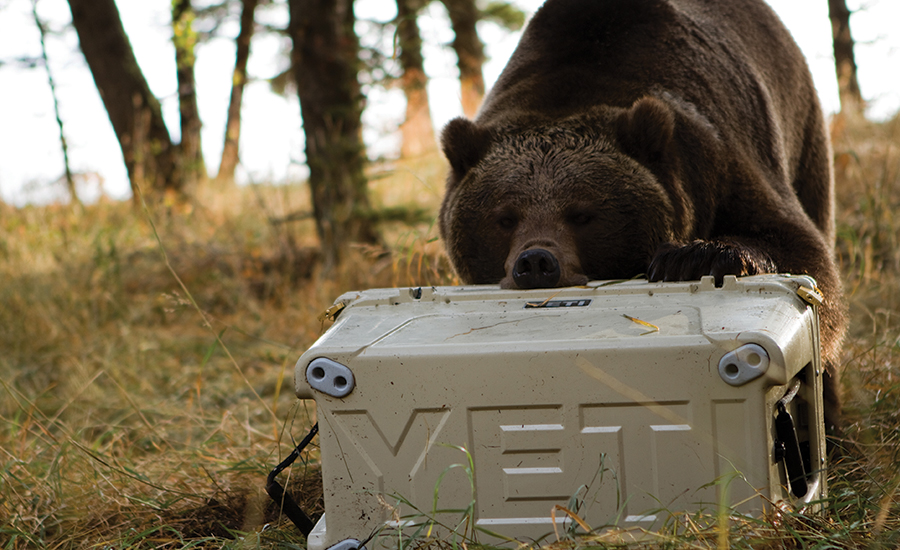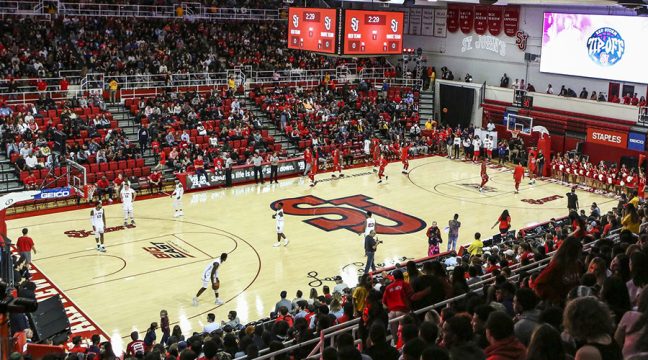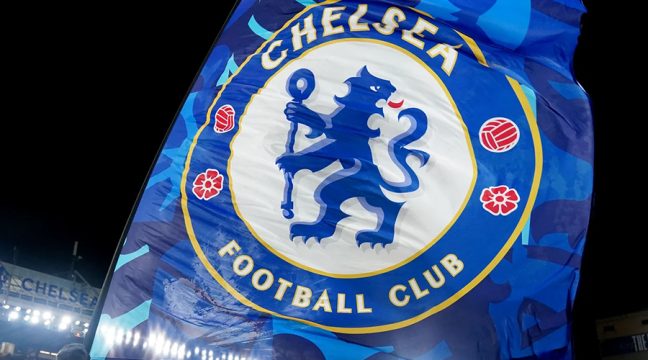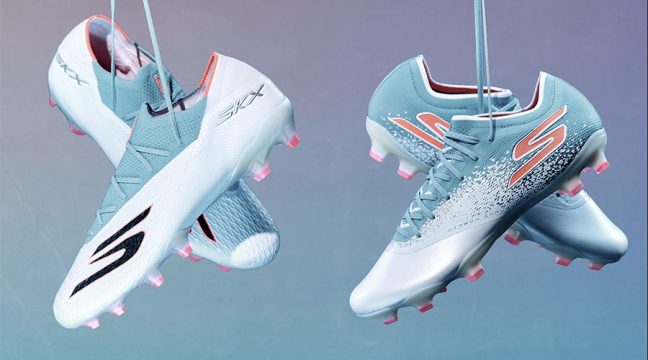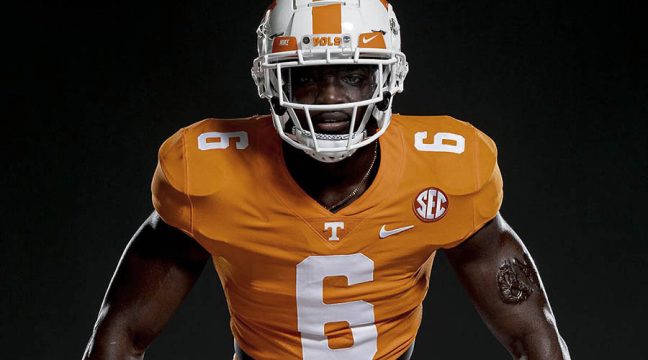Thanks in part to the success of Yeti Coolers, certification from the Interagency Grizzly Bear Committee has become synonymous with durability in the premium cooler segment.
By Charlie Lunan
If your customers are shopping for high-end coolers, you wouldn’t blame them for thinking campsites nationwide are under assault by a horde of angry grizzly bears.
At deadline, 103 cooler models made by two dozen companies had been certified bear-resistant according to standards set by the Interagency Grizzly Bear Committee (IGBC), including five certified in May by four companies. The list of new entries included 35- and 55-quart Orion cooler made by Jackson Kayak and new models from Grizzly Coolers, Canyon Coolers LLC and Magellan, which is owned by Academy Sports & Outdoors. Igloo Products Corp. now offers 21 IGBC-certified coolers, including the Yukon Marine and Sportsman models sold by many sporting goods dealers.
The brands proudly market the certification as a symbol of their products’ toughness as contenders look to take a slice of the high-end cooler market that Yeti pioneered and still dominates.
To earn certification, coolers must endure a “live bear test” at the Grizzly & Wolf Discovery Center in West Yellowstone, MT, where workers may opt to smear peanut butter or fish oil on a product to entice one of its captive bears. The tests are considered complete after 60 minutes of bear contact, which the IGBC describes as “biting, clawing, pounding, compressing, licking, chewing or scratching.”
“Products may undergo contact by a number of bears of various sizes and with varying levels of experience with containers,” noted the IGBC’s product testing protocol.
The IGBC was formed in 1983 by four federal land management agencies and their counterparts in Canada and state and provincial governments committed to restoring grizzly bear populations in designated areas. Along the way, the committee developed standards for containers designed to discourage bears from associating humans with food. Careless storage of food and garbage, it turns out, is the leading cause of unwanted bear encounters, which result in dead bears far more often than mauled or dead humans.
“The ultimate goal of container testing is to benefit wildlife out in the wild,” said Randy Gravatt, who oversees the actual testing for the Grizzly & Wolf Discovery Center. “If they don’t get into that cooler, they will move on and find that food in the forest.”
The IGBC has certified more than a dozen food containers for backpackers over the years, but the idea of certifying coolers has become popular only in the last decade as Yeti Coolers proved large numbers of consumers would pay hundreds of dollars for high-performance coolers. While Yeti built its brand catering to sportsmen looking for a way to keep their provisions cold for days in the backcountry or offshore, the brand’s success has made IGBC-certified, rotomolded construction a de facto standard in the market for $200-plus rigid coolers.
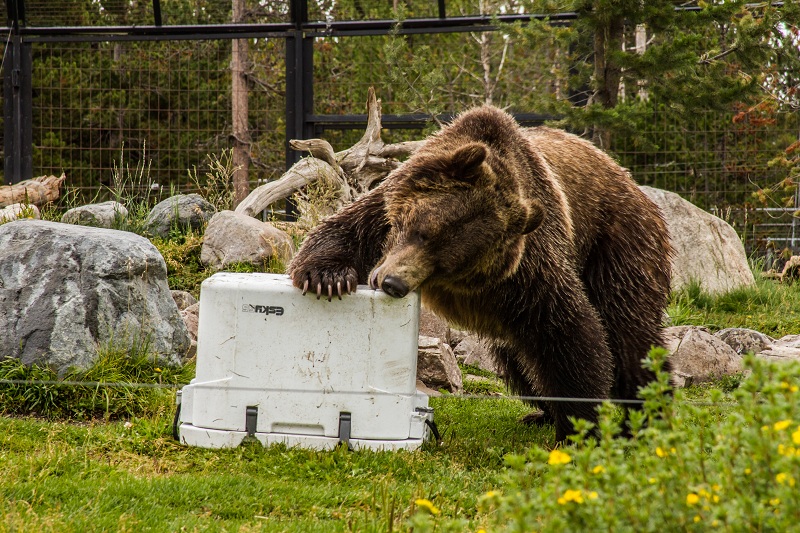
Yeti’s success has made IGBC-certified, rotomolded construction a de facto standard in the market for $200-plus rigid coolers.
While IGBC-certification may seem like overkill, it’s much easier to understand than some obscure technical standard from a laboratory — particularly after watching a video of one of the Grizzly and Wolf Discovery Center’s live bear tests.
“It certainly speaks to overall durability of product,” said D.J. Bell, director of product marketing for Yeti. “Even folks buying it for more sedentary uses want to be prepared for an extreme event. If it falls of the back of your truck, it’s good to know you can pick it up and keep on trucking.”
Thanks to Academy Sports + Outdoors, that kind of durability is now available below the $200 price point. The company began selling an IGBC-certified, 27-quart Magellan cooler in May for $150. That’s less than half what Jackson Kayak is asking for its Orion 25 and about half what Yeti’s charges for its smallest rotomolded cooler, the Tundra 35.
Photos courtesy Grizzly and Wolf Discovery Center

